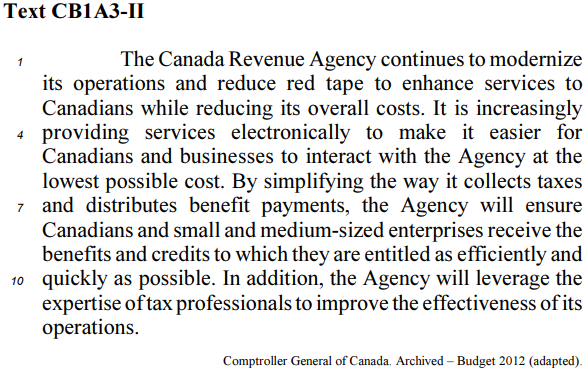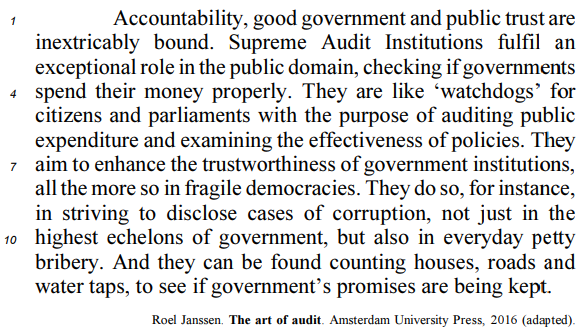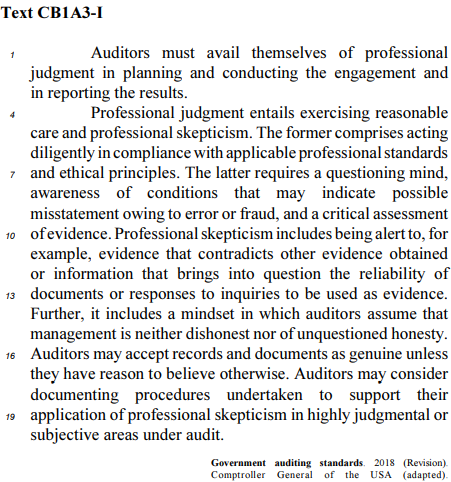Para responder à questão, considere o texto abaixo:
Do you have Fobo?
Every day we make thousands of decisions. From the more trivial – The Crown or Succession? – to the more pivotal, like whether you should take that job or stay in that relationship. It doesn’t help that, these days, we have thousands of options – literally – at our fingertips. For instance, there are 5863 movies and TV shows on Netflix to choose from and more than 80,000 different drink options at Starbucks.
Given we are so spoiled for choice, some degree of fence-sitting is understanding. However, if you find yourself crippled with indecision, even when, say, all the available options are acceptable, you might be suffering from Fobo. Like Fomo, Fobo’s anxious sibling, which describes that icky feeling(E) we get when we feel like we are missing out on something, Fobo(E), aka “fear of better options”(C), is used to describe the anxiety(B) that accompanies choice(A) overload.
The term has been coined by US venture capitalist Patrick McGinnis, who also created Fomo. Those afflicted by Fobo, he says, will typically find themselves overwhelmed by the possibilities of what could be, even when no outcome is guaranteed, and therefore are likely to hold back on commitment or will decide to commit but then cancel.
McGinnis, who has been researching Fomo and Fobo for his forthcoming book, says this is not a new behaviour but reflective of our “biology of wanting the best”. “Our ancestors a million years ago were programmed to wait for the best because it meant they were more likely to succeed,” he says, as per The Guardian. However, our ability to compare both options and ourselves via technology and social media has accelerated this tendency, sometimes escalating to crippling levels, he explains.
The rise of Fobo reflects an emerging trend on how choice overload can, despite appearances, make us miserable. In an episode on her podcast, The Happiness Lab, Dr Laurie Santos points out we are more spoiled for choice than ever. However, research shows we usually end up less satisfied with our decision because of it. What’s more, filtering out all these options is proven to be mentally draining, which can lead to worse decision making or “decision fatigue”.
, those who are presented with fewer options are more likely to end up satisfied. For example, a study offered customers samples of either six or 24 different jams on alternate days. Researchers found 30% of people in the first group purchased at least one of the six jams they tried, while only 3% of the other group made a purchase. In other words, when we are overwhelmed with choice, we are less likely to make a decision at all.
So how do we beat Fobo? It all comes down to being decisive. “I have two helpful tips I use almost every day,” McGinnis tells the New York Times. “For everyday things, I do what I call ‘Ask the Watch’. I whittle something down to two options and then assign each item to a side of my watch. Then I look down and see where the second hand is at that moments. Decision made. It sounds silly, but if you try it you will thank me,” he says. “For the big things, I try to think like a venture capitalist. I write everything down on the topic - pros, cons, etc – and I read it out loud.”
So next time you find yourself distressed by what to watch on Netflix, why not try something different? Look at your watch.
(Source: https://www.stylist.co.uk/life/do-you-have-fobo-why
-fear-of-better-options-is-making-us-miserable-and-how-to-get-around-it/330254– Adapted)
A palavra “that” refere-se a:




